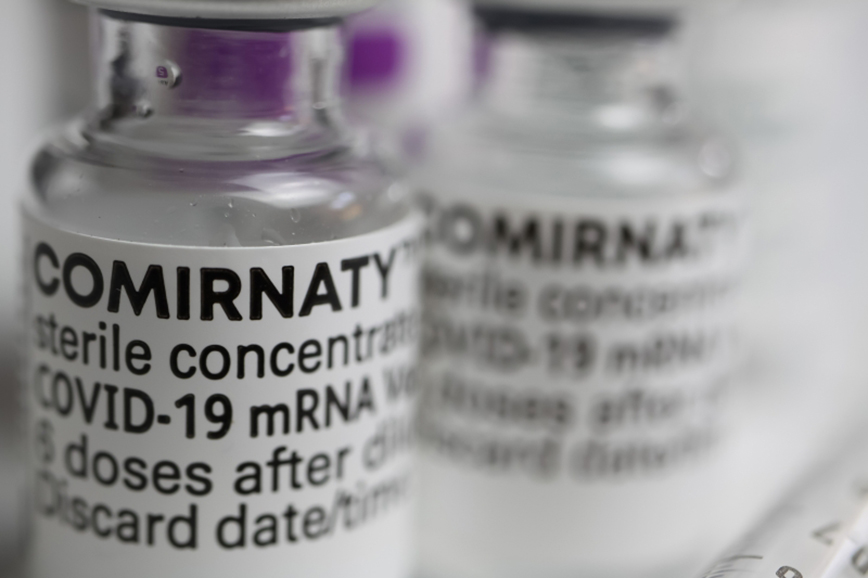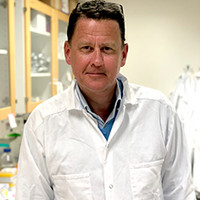No end in sight for new uses of mRNA
Nobel Prize in Medicine

By discovering a chemical tweak to mRNA, Katalin Karikó and Drew Weissman made it possible to mass produce billions of Covid vaccines within a year. But the breakthroughs aren’t likely to end there. Two KTH researchers say the flexibility enabled by Nobel research in mRNA has wide-reaching implications for health in the future.

In collaboration with Karolinska Institutet and the Swedish Cancer Society, KTH Professor Per-Åke Nygren leads the development of immunotherapy drugs for cancer treatment using the same basic principle as the spike protein mRNA vaccine.
“We aim at delivering an mRNA sequence that creates a totally different protein, but the concept is the same,” Nygren says.
In their design, the mRNA contained in lipid nanoparticle capsules is coding for a CAR T-cell therapy (chimeric antigen receptors) which produces cells that potentially can keep certain kinds of cancer at bay.
“The beauty of that is, as with the covid vaccine, the mRNA has a transient effect,” he says. “We don't want these T cells that we are making to circulate forever.
“We may wish to use modified forms of the mRNA to get higher expression of what we want to deliver and to reduce the immune response towards our particles. We are not yet there, but (Karikó and Weissman) broke the ground for how we would design the product for our purposes.”

Professor Johan Rockberg says the development of the Covid vaccines served as an inspiration in his lab. In cooperation with Uppsala University, Rockberg is developing a cancer vaccine platform allowing for individualized treatments. “The mRNA vaccine technology truly showed the potential and served as an inspiration for us, but it was not the way we proceeded in the end.
“We built around their technology, by focusing on delivering peptides instead of mRNA as antigens,” he says. "We use this in combination with an antibody for delivery of the peptide straight to antigen-presenting cells.
“This way we hope to enable an alternative for indications where mRNA may be too challenging, such as for patients with impaired immune system or where the antigen is highly similar to self-antigens, such as in cancer.”
Wider-ranging impact
Rockberg and Nygren say that in a wider sense they were inspired by the speed with which the world’s biotech sector developed and produced the Covid vaccine. “There were many barriers and this fits with the KTH perspective, in that we have broad tech expertise and a focus on manufacturing, which allows for a holistic view where we can collaborate in both developing the drugs, and getting them produced,” Rockberg says.
They are also excited by the flexibility in treatment that mRNA offers.
“There are different Covid strains emerging all the time,” Nygren says. “A vaccine developer can act quite quickly to modify the product to address each new strain. If you modify the mRNA sequence all of a sudden you have a new drug.”
Rockberg says new combination treatments with mRNA are already being explored. And ways of combining the strength of mRNA flexibility is leading research to treat new indications beyond infections.
For example, it can be combined with checkpoint inhibitors for cancer treatment activating a suppressed immune system, he says. “Or you can flip it and poke the immune system in the other direction, and the increase tolerance to self-antigens in autoimmune diseases.
“It was used to deliver an mRNA encoding the spike protein for Covid but in principle the mRNA could be designed for anything that could be of benefit.”
